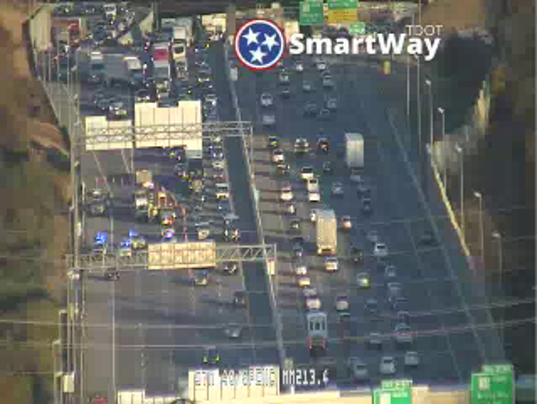A few weeks ago, I asked all who care about pedestrians to take a minute a call or write to Rep Matthew Hill to say that you DO NOT support HB 0668. Since that time, there has been little media reporting on this bill in Nashville.
This bill is still active. As of 2/17/2017, it has been moved to the Civil Justice Subcommittee.
Here is the link to the Civil Justice Subcommittee with its members:
- Mike Carter (chair): http://www.capitol.tn.gov/house/members/h29.html
- Carson W. (Bill) Beck: http://www.capitol.tn.gov/house/members/h51.html
- Glen Casada: http://www.capitol.tn.gov/house/members/h63.html
- Andrew Farmer: http://www.capitol.tn.gov/house/members/h17.html
- G.A. Hardaway: http://www.capitol.tn.gov/house/members/h93.html
- Debrah Moody: http://www.capitol.tn.gov/house/members/h81.html
***
This bill would allow drivers who hit protesters (aka pedestrians) to have immunity. Think about that for a minute. Do you really want a law providing immunity to a driver of a 3000 lb vehicle to hit a PERSON just because they are blocking their path?
***
If you take Michael Moore's word, one HUGE thing you can do is talk to your representatives.
1. THE DAILY CALL: You must call Congress every day. Yes – YOU! 202-225-3121. It will take just TWO MINUTES! Make it part of your daily routine, one of those five things you do every morning without even thinking about it:
1. Wake up.
2. Brush teeth.
3. Walk dog (or stare at cat).
4. Make coffee.
5. Call Congress.
1. Wake up.
2. Brush teeth.
3. Walk dog (or stare at cat).
4. Make coffee.
5. Call Congress.
It is impossible to overstate just how much power you have by making this simple, quick DAILY CALL. I know from firsthand experience the impact it has. These politicians freak out if they get just 10 calls on an issue. Imagine them getting 10,000! Holy crap – the dome will pop off that building!
***
These people let Rep Matthew Hill know the they did NOT support HB 0668:
Please call/write to as well:
Representative Matthew Hill
http://www.capitol.tn.gov/house/members/h7.html (Republican, Jonesborough, District 7) and
---> tell him that you DO NOT support Bill HB0668
301 6th Av N
Suite 23 Legislative Plaza
Nashville, TN 37243
615) 741-2251
EMAIL:
rep.matthew.hill@capitol.tn.gov
***
From February 10, 2017
http://shadeparadenashville.blogspot.com/2017/02/tell-rep-matthew-hill-that-you-do-not.html
Tell Rep Matthew Hill that you DO NOT SUPPORT Bill HB0668 - contact info included
Here is something we DO NOT NEED in Nashville. Protesters are pedestrians. No need to have a law that allows for some amount of injury to them if they are blocking roadways. Pedestrians are to be yielded to on all accounts.
Please call/write to:
Representative Matthew Hill
(Republican, Jonesborough, District 7) and
- > tell him that you DO NOT support Bill HB0668
301 6th Av N
Suite 23 Legislative Plaza
Nashville, TN 37243
615) 741-2251
EMAIL:
rep.matthew.hill@capitol.tn.gov
LINK:
http://www.newschannel5.com/news/drivers-given-civil-immunity-for-hitting-protesters-under-proposed-bill
Please call/write to:
Representative Matthew Hill
(Republican, Jonesborough, District 7) and
- > tell him that you DO NOT support Bill HB0668
301 6th Av N
Suite 23 Legislative Plaza
Nashville, TN 37243
615) 741-2251
EMAIL:
rep.matthew.hill@capitol.tn.gov
Drivers Given Civil Immunity For Hitting Protesters Under Proposed Bill
LINK:
http://www.newschannel5.com/news/drivers-given-civil-immunity-for-hitting-protesters-under-proposed-bill

















 By Anthony Campbell, Ph.D.
By Anthony Campbell, Ph.D.